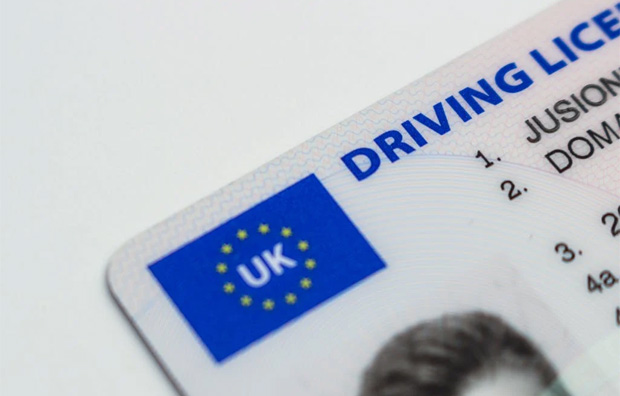Are Names and Titles Subject to Any Restrictions?

Are Names and Titles Subject to Any Restrictions?
When it comes to naming changes in the United Kingdom, there are a few different ways to go about it. The most common way is through deed poll, a legal document allowing you to change your name by simply declaring your new name. However, there are a few restrictions regarding what you can and can’t call yourself. In this article, we’ll explore the rules of deed poll in the UK and what you need to know before making your change.
Name restrictions and rules
An individual can legally change their name by submitting a deed poll. For a deed poll to be valid, it must include the signatures of two witnesses. Changing your name can be completed by filling out a form and submitting it to your local courthouse. In the United Kingdom, there are certain restrictions when it comes to choosing a name. For example, an application for a name won’t be accepted if it:
- is impossible to pronounce;
- is missing at least one first and one last name;
- does not include at least one letter from the English alphabet, or a name considered obscene or offensive.
- consists of numerals or symbols;
- encourages illegal behavior;
- promotes hatred based on race or religion;
- exceeds the number of characters that can be in a name
- includes punctuation that doesn’t have any bearing on how something sounds. For instance, you can use an apostrophe and a hyphen to connect forenames or surnames (for instance, if you want a double-barrelled name);
- encourages the use of illegal substances or uses their name or a generic version;
- makes fun of individuals, organizations, businesses, or governmental agencies;
A change in the first name to Sir, Lord, Laird, Lady, Prince, Princess, Viscount, Baron, Baroness, General, Captain, Professor, or Doctor, for instance, could give the impression that you have received or inherited an honor, title, rank, or academic award.

Can you change your name more than once?
In the UK, you can legally change your name up to three times. However, a recent deep poll has found that most people believe you should only be allowed to change your name once. There are many reasons why people might want to change their name; some might not like their current name, and others might want a fresh start. Whatever the reason, it’s important to consider whether changing your name is the right decision.
There are several things to consider before changing your name. For example, how will it affect your relationships with family and friends? Will they still be able to find you online? How will it impact your credit score? These are just some things you need to consider before making a decision.

Will your previous name appear on your new passport and driver’s licence?
As of October 2019, all new passports and driving licences will have the previous name removed. In a statement, the UK government said that the change was being made to ensure people’s privacy. The decision has been criticized by some who argue that it could cause difficulties for transgender people and those who have changed their name through marriage or deed polls.
The government says that it is working with organisations such as Stonewall to ensure that the change works for everyone. It has also pledged to help anyone who experiences difficulties because of the change.
Conclusion
Are there any specific restrictions on what you can name yourself? Or on what titles you can use? There are no specific restrictions in the UK, but there may be restrictions in other countries. You must send a copy of the deed poll to all organisations with accounts or memberships, for example, your bank, doctor’s surgery and passport office.
Guest Article.




